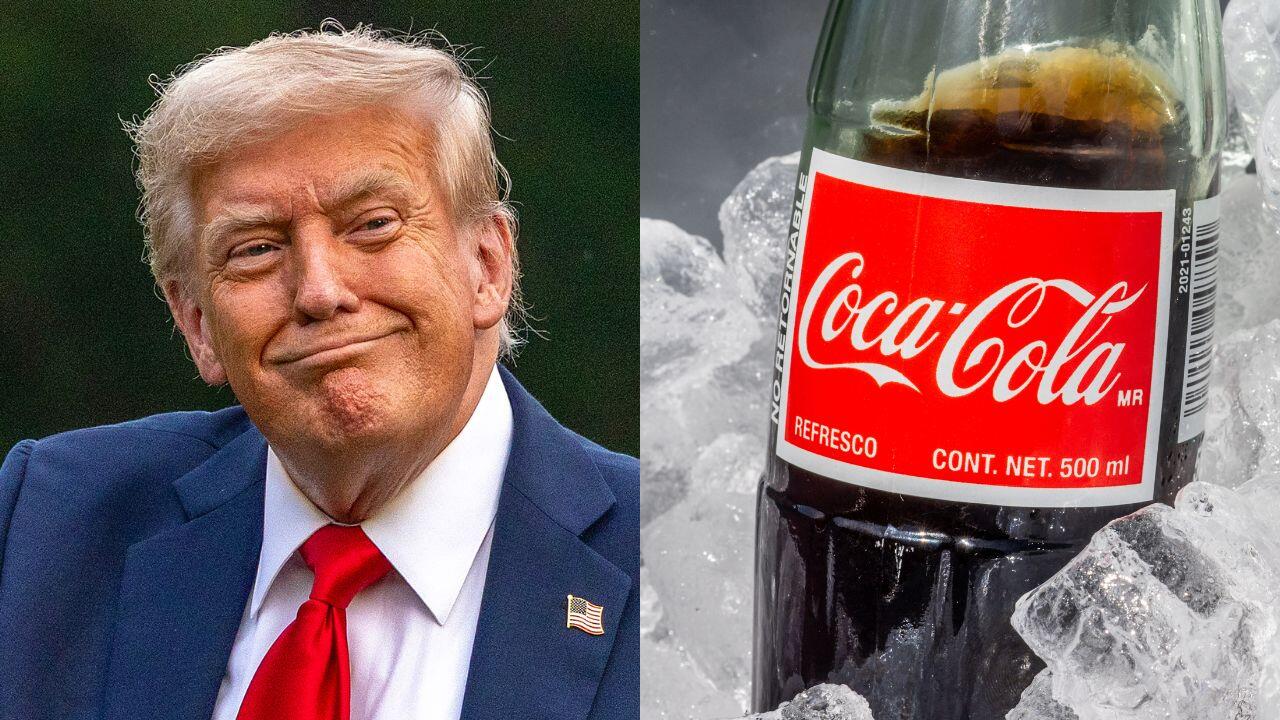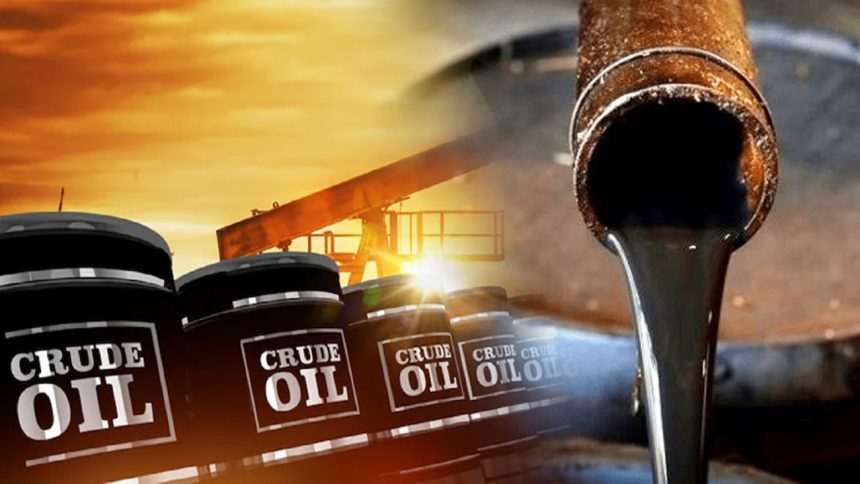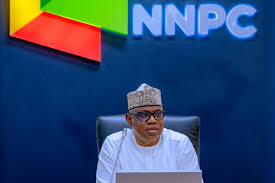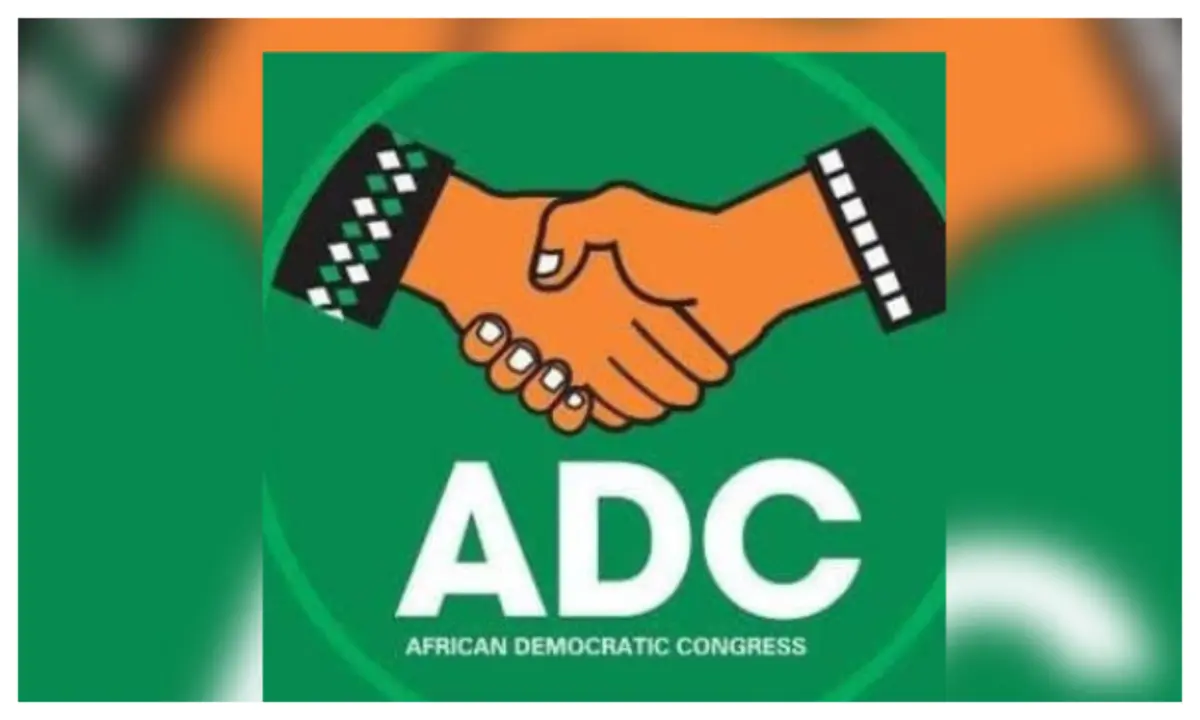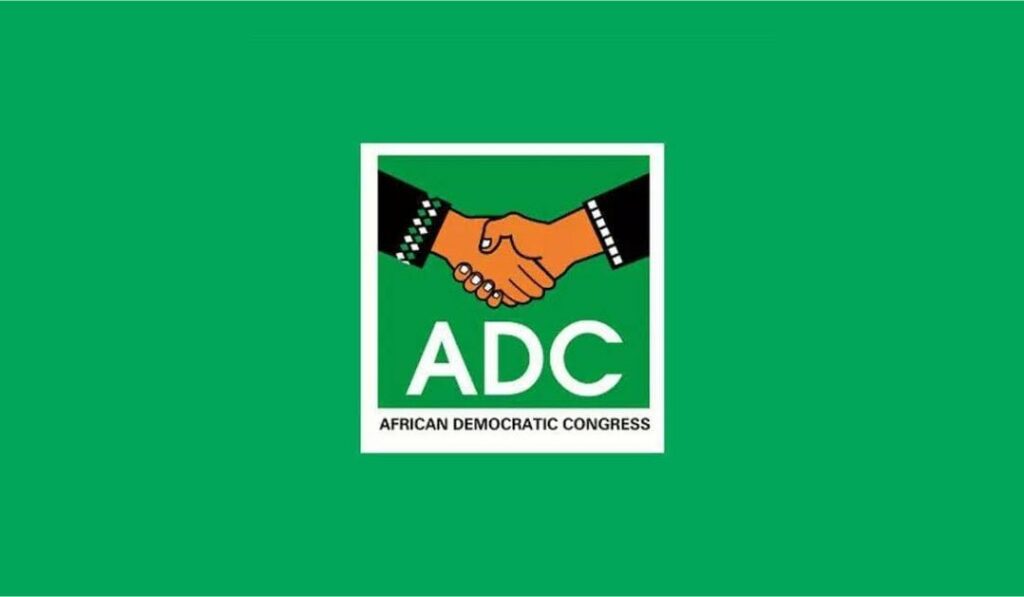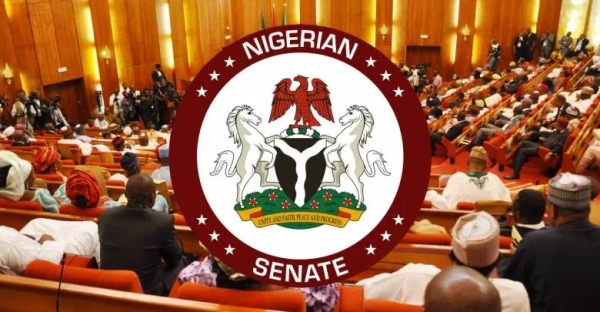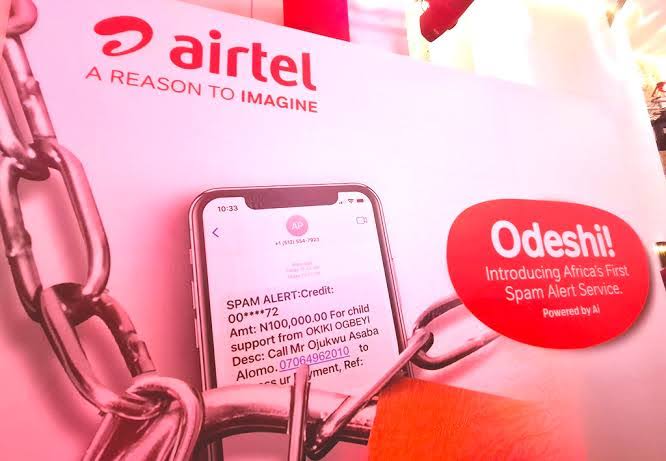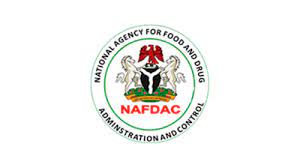By Ayomide Otitoju
The National Agency for Food and Drug Administration and Control (NAFDAC) is ramping up efforts to combat the influx of substandard, unbranded, and rewrapped monosodium glutamate (MSG) products, particularly in Northern Nigeria.
While MSG—commonly used to enhance savory flavors—is considered safe for consumption by both NAFDAC and the World Health Organization (WHO), the spread of counterfeit variants in the market has raised public health concerns. These unregulated products are often sold in unhygienic packaging and manufactured under questionable conditions.
NAFDAC has adopted stringent measures to counter the trend, including mandatory product registration, rigorous market surveillance, and consumer awareness campaigns. It has also deployed tools such as TruScan for on-site testing and the Mobile Authentication Service (MAS), enabling consumers to verify product authenticity via scratch-off codes and SMS.
Despite these efforts, unbranded MSG continues to flood markets, raising fears of health risks such as organ damage and even cancer due to adulterated and potentially toxic ingredients. Health experts are calling for urgent multi-agency collaboration to tackle the crisis.
Stakeholders are urging stronger enforcement, including collaboration with the Nigeria Customs Service to curb illegal imports. They also advocate for greater public education on the importance of purchasing NAFDAC-approved branded MSG in proper packaging.
The rise in counterfeit food products echoes broader concerns about the safety of goods in Nigerian markets. In 2024 alone, over ₦500 million worth of fake drinks were seized in Lagos, underscoring the scale of the challenge nationwide.

